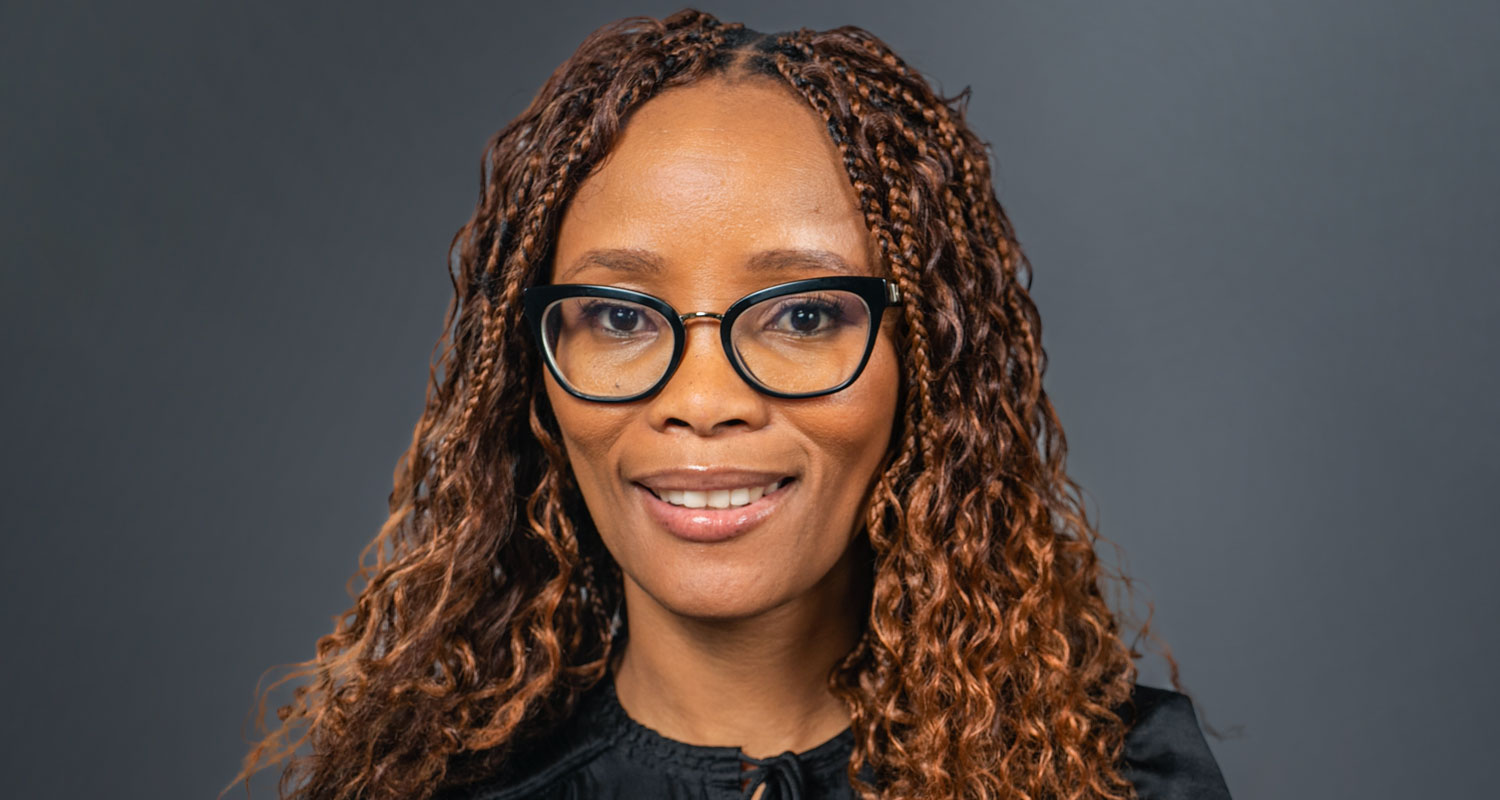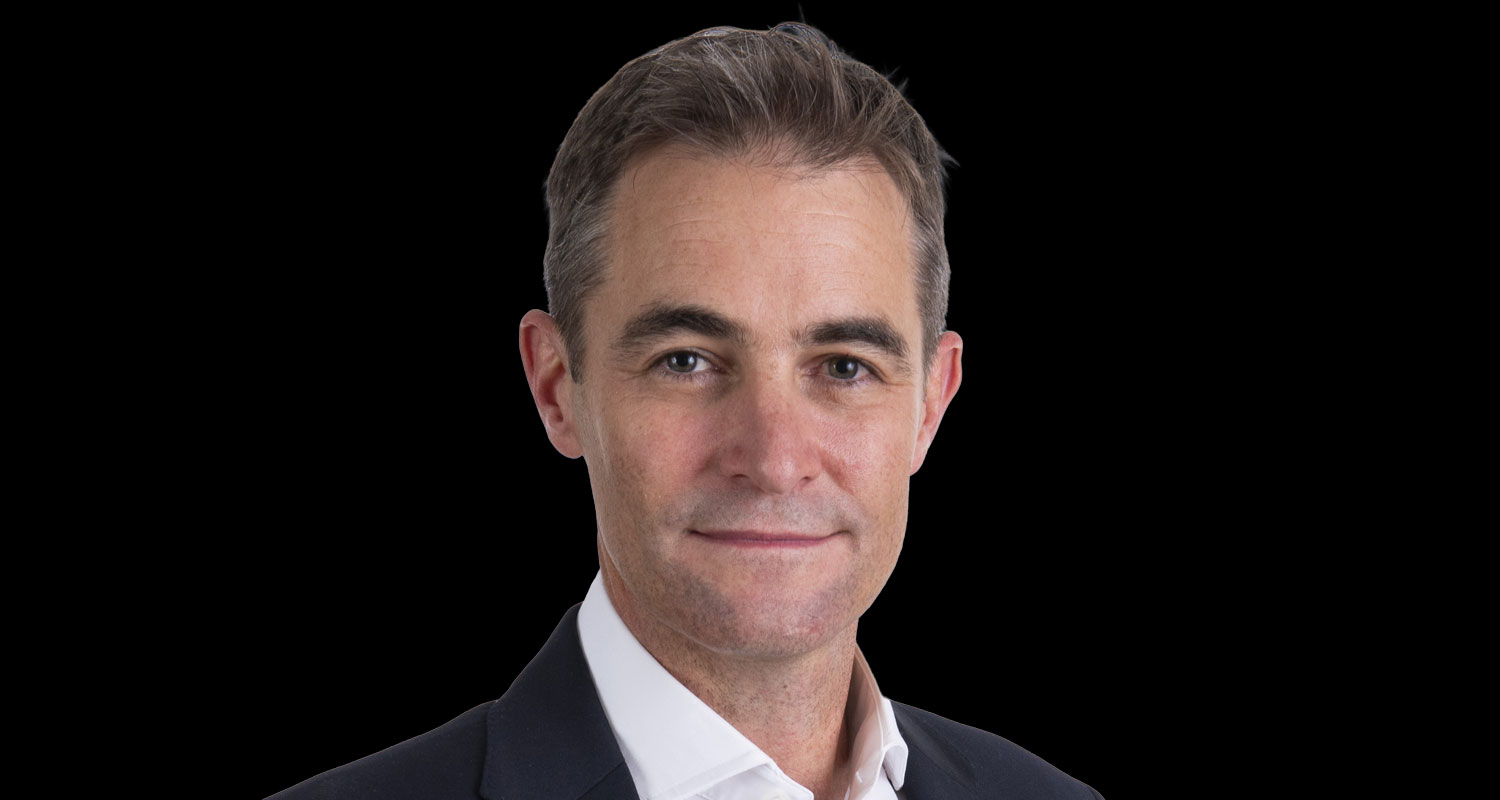The Competition Commission in August recommended to the Competition Tribunal that the South African Reserve Bank’s proposed acquisition of a 50% stake in payments clearing house PayInc – previously BankServAfrica – be approved without conditions attached.
The move radically changes the ownership structure of PayInc, the developer and manager of rapid payments platform PayShap, by giving equal shareholding to the major banks and the public sector through the Reserve Bank.
“The Reserve Bank’s focus is on financial stability and so having them take an active stake in the payment’s intermediary that underpins payments in South Africa is, I think, a strategic tool for them to effect that,” PayInc CEO Stephen Linnell said in an interview with TechCentral.
The investment by the Bank achieves a few things, Linnell said. It’s a public-private partnership that “reflects a much more public interest agenda”.
“We’re no longer an outsourced utility for the banks; we are now serving the public good with strategic intent, and the previous shareholders (the commercial banks) and the Reserve Bank coming together shows a unified view in doing so.”
According to Linnell, the restructuring of PayInc’s shareholding will also include Capitec as a direct shareholder for the first time, joining Absa, FNB, Nedbank and Standard Bank. Dandy Shelf, a consortium made up of smaller banks that also have a stake in PayInc, will be dissolved and the individual entities in the consortium will also assume direct ownership.
According to the Reserve Bank’s Payment Ecosystem Modernisation position paper, its motivation to buy into PayInc was based on observations that since its launch in 2023, PayShap has not been particularly successful in driving digital financial inclusion and replacing cash in the economy, especially among lower-income consumers.
More commonplace
The Bank’s goal is to use PayInc infrastructure to develop a national payments utility “that aims to be resilient, efficient and accessible, powering a thriving and inclusive digital economy”.
Ruhling Herbst, strategy and transformation officer at PayInc, said public-private partnerships in the payments landscape are becoming more commonplace around the world as financial regulators attempt to modernise their payment ecosystems while making room for new participants such as mobile operators and retailers to compete in payments and settlements.
Read: What’s holding PayShap back in South Africa
“You see a lot of change happening from a policy and regulatory perspective because it all helps the public set of their (the Reserve Bank’s) objectives, and we like to attach them to Operation Vulindela, which openly talks about digital payments being made [more widely] available,” said Herbst.
Operation Vulindlela, run by the presidency, aims to enact reforms to drive economic growth. Its priorities include energy, logistics, migration, local government and digital transformation. Now in its second phase, it aims to “enable real-time payments at no cost through multiple channels to reduce cash transactions and establish a payment bridge for government departments and agencies to make payments to citizens directly”.

But direct public interest benefits are not the only goals driving the Bank’s choice to participate in PayInc.
Speaking at the launch of Standard Bank’s Corporate and Investment Banking’s Payments in Africa report last week, Nthabiseng Mohale, head of interbank and domestic payments at Standard Bank Group, said the Reserve Bank’s objectives around financial inclusion are complemented by the regulator’s goal of making PayInc more competitive against international clearing houses operating in South Africa.
“BankservAfrica, especially in the card environment, competes with Visa and Mastercard because they are also a payment system operator. What would happen is that [PayInc] would be limited to the budget that is being offered, and not accelerate on innovation. So, the Reserve Bank coming in is also about building a utility that is owned in South Africa where we are able to compete with international firms in providing payments services within the country,” said Mohale. – 2025 NewsCentral Media
Get breaking news from TechCentral on WhatsApp. Sign up here.



